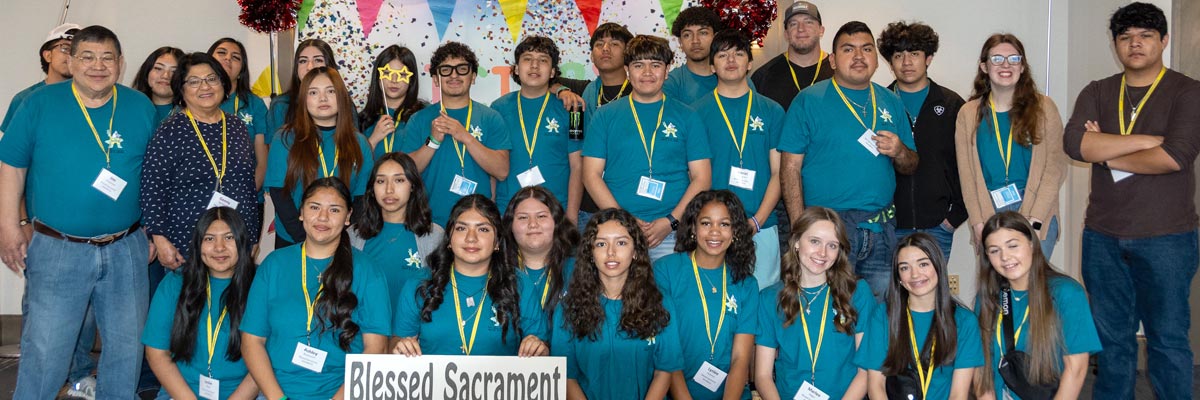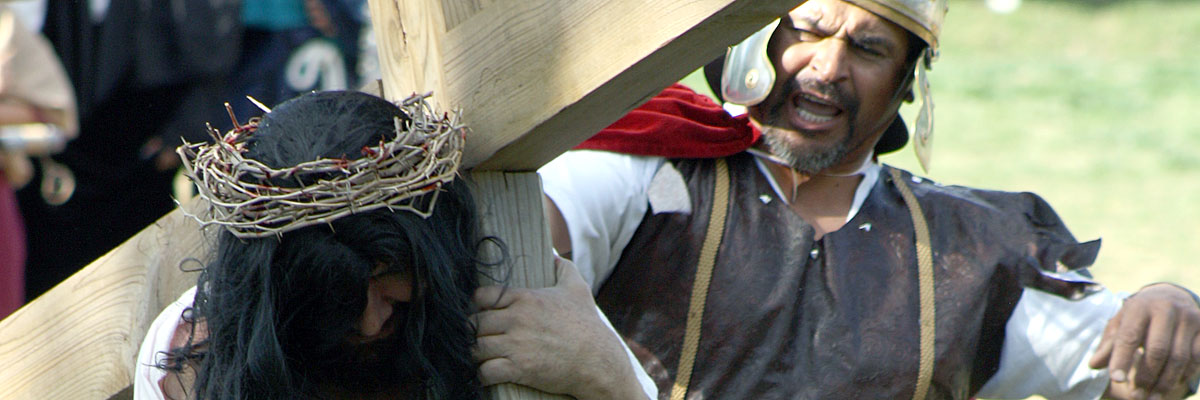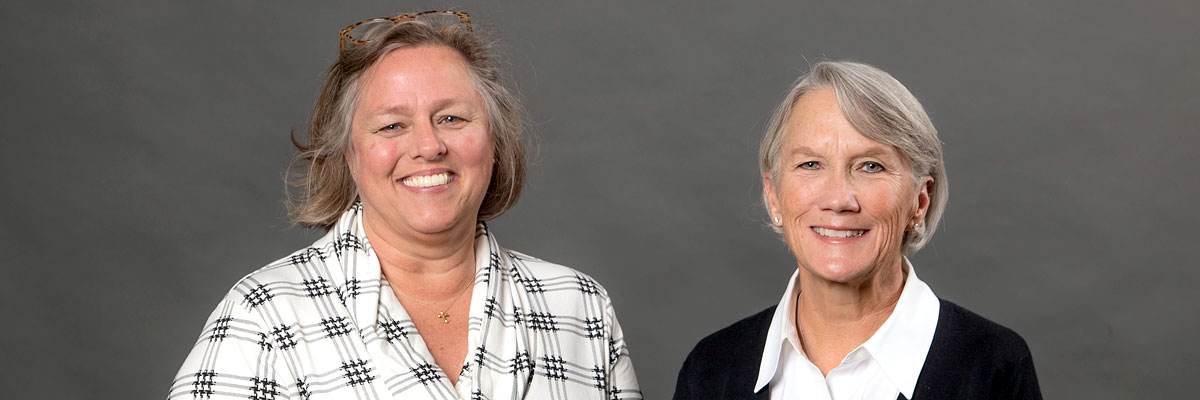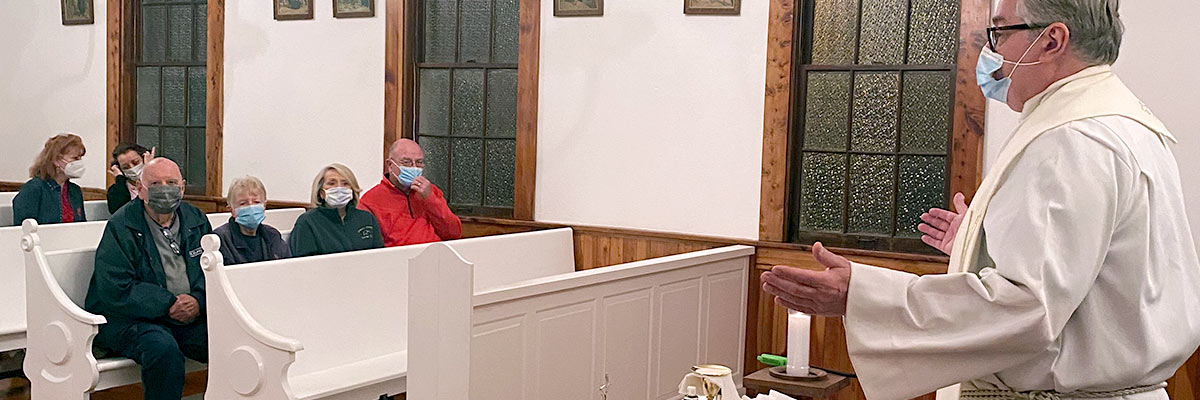Official Website of the
Catholic Diocese of Little Rock
Friday, 24th Week of Ordinary Time, Cycle I
Published: September 22, 2017
Bishop Anthony B. Taylor preached the following homily at a Mass for Catholic teachers at Bishop McGuinness High School in Oklahoma City on Friday, Sept. 22, 2017.

Bishop Taylor
One of the amazing facts about Jesus and the saints, including Father (Stanley) Rother (and for that matter, you who are Catholic educators) is their — and your — ability to bring together people who otherwise have little in common and inspire them to embrace a shared vision and a common purpose.
This is obvious when we look at Jesus’ choice of the Twelve Apostles: Matthew, the tax collector was a collaborator with the hated Romans while Simon the Zealot was a former terrorist committed to running the Romans out of the country. James and John were the “Sons of Thunder.” Judas was a traitor. Thomas was a doubter and I’m sure the rest had their issues too.
Well today we see that the same goes not just for the men, but also for the women who followed Jesus, which is appropriate for us today since most of you are women. In today’s Gospel three women are mentioned by name and two of these women couldn’t be more different from each other.
Jesus had cast seven devils out of (Mary Magdalene), so clearly she had a dark and terrible past, and even afterwards she probably had wounds that would be a long time in healing. She knew she needed what Jesus had to offer and she stuck by him in his darkest moments, all the way to the end.
Mary Magdalene is very familiar to us. We are told here that Jesus had cast seven devils out of her, so clearly she had a dark and terrible past, and even afterwards she probably had wounds that would be a long time in healing.
She knew she needed what Jesus had to offer and she stuck by him in his darkest moments, all the way to the end. She was there at Calvary and she was the first one to whom he appeared on Easter Sunday.
Joanna, on the other hand, was well placed in society. She was the wife of Herod’s steward. It was her husband’s responsibility to look after Herod’s financial interests, meaning that there could be no more important or trusted official in his government than Chuza, her husband.
Can you see how amazing it is that Mary Magdalene, a woman with a dark past, and Joanna, a lady of the court, were in the same company? And then there was Susanna about whom we know nothing and many others whose names we don’t even know.
Following this Mass I will present for you the story of Father Rother. You will see that there are many things that shape his story, including historical realities that go back all the way to the Spanish colonial presence in Guatemala.
Like Mary Magdalene, Santiago Atitlán has a dark and terrible past, and even today has wounds that will be a long time in healing. By the time the Oklahomans arrived there 53 years ago, the local people knew they needed what the missionaries had to offer. And like Mary Magdalene with Jesus, Father Rother stayed with his people in their darkest moments, all the way to the end.
But also like Joanna the wife of Chuza, Father Rother had collaborators in the parish who were real leaders in the local community, especially his catechists — 16 of whom also gave their lives for Christ like Father Rother did during this turbulent time. Plus many other heroic local people whose names we don’t even know.
It was Father Rother’s task to bring them all together as a single flock with a shared vision and a common purpose, the building of the Kingdom of God.
Isn’t that your role as well? You Catholic educators teach a wide variety of students and you principals supervise a wide variety of teachers — in both cases a sometimes very mixed bunch. Some are dealing with special challenges requiring special assistance and support.
Others have certain advantages of temperament or intellect. But together they form a single classroom or a single school entrusted to your care. And like with Father Rother, it is your task to bring them all together as a single flock with a shared vision and a common purpose, the building of the Kingdom of God.









